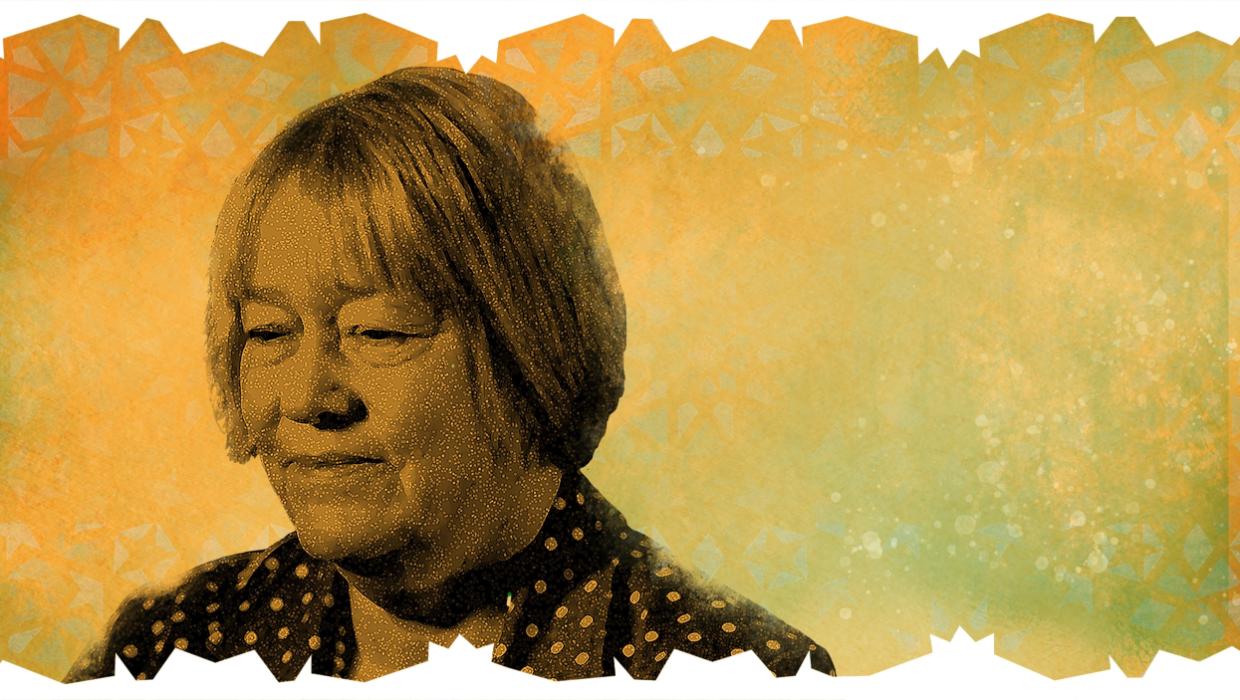Politics
New Zealand Judge Leads Efforts to Rescue Afghan Women Judges

As the Taliban regained control of Afghanistan in August 2021, a group of New Zealand judges, led by Susan Glazebrook, mobilized to rescue Afghan women judges facing imminent danger. These women, who had played vital roles in Afghanistan’s justice system, were at serious risk of persecution due to the Taliban’s oppressive policies towards women in positions of power.
The situation was dire. Following the Taliban’s takeover, reports indicated that women judges were specifically targeted as symbols of the country’s previous progress in gender equality and legal reforms. With their lives at stake, Glazebrook and her colleagues recognized the urgent need for action, but the path to safety was fraught with challenges.
Coordinating a Complex Rescue Effort
Glazebrook and her team faced the daunting task of coordinating a rescue operation from thousands of kilometers away. They reached out to various organizations, including the UNHCR, to strategize the safest routes for evacuation. The logistical complexities involved navigating bureaucratic hurdles and negotiating with multiple governments, all while the Taliban tightened its grip on power.
In a remarkable effort, the team managed to secure passage for approximately 200 Afghan women judges and their family members. By leveraging diplomatic channels and garnering support from international allies, Glazebrook’s initiative exemplified a unique collaboration between judges, governments, and humanitarian organizations.
The first group of women evacuated arrived in New Zealand in early September 2021. Glazebrook expressed relief and gratitude at the successful operation. “Each woman represents not just themselves but a commitment to justice and equality,” she stated. The operation did not only save lives; it also reinstated a sense of hope for a better future.
The Broader Impact of the Rescue
The efforts to rescue Afghan women judges have sparked broader discussions about the role of judiciary members in humanitarian crises. Glazebrook’s work highlights the responsibility of legal professionals to advocate for their peers in perilous situations, emphasizing the interconnectedness of global legal systems.
In the wake of these successful evacuations, the New Zealand government has pledged ongoing support for Afghan refugees. This includes not only resettlement but also assistance with integration into New Zealand society. Legal recognition of the challenges faced by these women will be crucial for their long-term success in a new environment.
The actions taken by Glazebrook and her colleagues serve as a powerful reminder of the impact that dedicated individuals can have in addressing global injustices. As Afghanistan continues to grapple with the consequences of Taliban rule, the stories of these judges underscore the importance of solidarity and support for those fighting for justice.
This initiative also calls for a re-examination of international commitments to protect human rights, particularly for vulnerable groups in conflict zones. The situation in Afghanistan remains fluid, but the successful evacuation of these judges is a testament to the resolve of those who fight for the rights of others, no matter the distance or difficulty involved.
-

 World4 months ago
World4 months agoTest Your Knowledge: Take the Herald’s Afternoon Quiz Today
-

 Sports4 months ago
Sports4 months agoPM Faces Backlash from Fans During Netball Trophy Ceremony
-

 Lifestyle4 months ago
Lifestyle4 months agoDunedin Designers Win Top Award at Hokonui Fashion Event
-

 Entertainment4 months ago
Entertainment4 months agoExperience the Excitement of ‘Chief of War’ in Oʻahu
-

 Sports4 months ago
Sports4 months agoLiam Lawson Launches New Era for Racing Bulls with Strong Start
-

 World5 months ago
World5 months agoCoalition Forms to Preserve Māori Wards in Hawke’s Bay
-

 Lifestyle4 months ago
Lifestyle4 months agoDisney Fan Reveals Dress Code Tips for Park Visitors
-

 Health4 months ago
Health4 months agoWalking Faster Offers Major Health Benefits for Older Adults
-

 Politics4 months ago
Politics4 months agoScots Rally with Humor and Music to Protest Trump’s Visit
-

 Top Stories5 months ago
Top Stories5 months agoUK and India Finalize Trade Deal to Boost Economic Ties
-

 Health2 months ago
Health2 months agoRadio Host Jay-Jay Feeney’s Partner Secures Visa to Stay in NZ
-

 World5 months ago
World5 months agoHuntly Begins Water Pipe Flushing to Resolve Brown Water Issue









